● Four key priorities for Talent Acquisition (TA) leaders in 2025 identified in new Bersin “Talent Climate” analysis
● Making the long-awaited move to a skills-based hiring approach open to both internal and external talent central to TA leaders’ plans
● AI as means to increase TA productivity is further emphasized
● Organizations should adopt a more systemic and sustainable approach to close labor and skills gaps
OAKLAND, California, United States, Deceber 11, 2024–The Josh Bersin Company, the world’s most trusted human capital advisory firm, and talent acquisition and talent consulting business AMS have released research based on front-line Talent Acquisition (TA) best practices that reveals a combination of advanced technology adoption, skills-based hiring, and efforts to upskill and elevate the profession, will aid organizations in starting to transform the field.
The study, Emerging Trends in Talent Acquisition for 2025, shows that the Talent Acquisition (TA) profession, while already pioneering in its use of AI, will need to become more agile in 2025, further embracing AI, skills development, and more sustainable, “systemic” people solutions.
To reach these conclusions, analysts at The Josh Bersin Company conducted in-depth interviews with leaders from eight major organizations across industries such as consumer packaged goods, financial services, pharma, technology, and transportation. These leaders highlighted AI’s central role in delivery, along with the integration of skills-based hiring, increased internal mobility, and a growing focus on elevating the profile of the talent function.
The four key areas that emerged for Talent Acquisition leaders to focus on in 2025 are:
● Implementing skills-based approaches to hiring and mobility. TA leaders increasingly prioritize embedding skills across their talent functions and strategies. According to Josh Bersin Company research, only 20% of companies use skills insights for hiring, and just 9% have a user-friendly, skills-based internal talent marketplace.
● Redesigning the TA tech stack with AI at the forefront. AI and advanced technology are driving TA to move from a “stack” to an “ecosystem” approach. Our interviewees shared several examples of how AI is boosting efficiency, enhancing strategy, and fostering candidate relationships.
● Developing a multifaceted approach to fill talent and skills gaps. A competitive market and talent shortages require diversified strategies that go beyond external hiring. While job switching has increased long-term, employees today may seek more stability, prompting organizations to recruit early and retain talent by offering compelling career paths.
● Upskilling and elevating the TA function for the future. TA leaders highlight the importance of collaboration, new skills, and a changing mindset to elevate the function’s role in the business. Central to this is positioning TA as a “strategic partner” or “trusted advisor.” To achieve this, TA must move beyond operating in isolation, building closer cross-functional relationships with other talent functions, leadership, and business units it supports.

The results of these in-depth conversations with TA leaders, which make up the latest research in the ongoing Bersin “Talent Climate” series in partnership with AMS, offer valuable insights into the challenges faced by today’s TA leaders and how they plan to respond to them in 2025. To address these challenges, The Josh Bersin Company recommends:
● Start with a focused business problem. Identify a specific challenge that can benefit from a skills-based approach. Evaluate how skills are currently used, pinpoint the problem, and determine how technology and collaboration can help. Focusing on a single issue allows CHROs to see quicker results and gradually expand use cases.
● Leverage AI for transformation. Talent Acquisition (TA) leads in AI adoption, with tools like agentic AI expected to grow. By integrating AI, organizations can enhance human-centered recruiting and significantly improve productivity. Ensure clarity on use cases, encourage safe experimentation, and balance priorities to address talent gaps strategically, whether through recruiting, reskilling, or redesigning work.
● Strengthen cross-functional collaboration. Effective use of the “Systemic HR” framework requires closer partnerships between TA and other teams to create sustainable solutions.
● Build future-ready TA teams. Equip TA teams with skills like data literacy, sourcing expertise, and digital/AI capabilities. Foster adaptability, change management, and a mindset ready for transformation, enabling teams to navigate ongoing evolution in the business landscape.
Finally, The Josh Bersin Company emphasizes that AI’s true value lies in freeing TA teams from routine administrative tasks, enabling them to focus on meaningful company-to-candidate interactions. Leaders across these sectors highlighted AI’s central role in their efforts, along with the ongoing importance of soft skills like empathy, which are vital for effectively engaging both business stakeholders and candidates.
Commenting on the findings, Julia Bersin, Lead Analyst at The Josh Bersin Company, says:
“With the ongoing HR industry focus on ‘Systemic HR,’ we believe this study offers valuable insights for other leaders working with TA—such as business leaders, HR teams, and other talent functions—helping them understand TA’s priorities and identify connection points to overcome these barriers.
“TA needs to move beyond solving a hiring problem to solving true business problems with more systemic people solutions, which requires a new set of skills and a mindset that looks beyond the traditional TA toolkit.”
Jim Sykes, Chief Operating Officer at AMS, says:
“This latest report demonstrates that TA leaders are facing similar challenges to most other business functions in 2025. How to drive return on investment from the technology stack, deliver an AI strategy is ethical and thoughtful, and, build a skills roadmap which acknowledges the needs of an organization in one of the fastest moving work environments we have seen since the early days of Web 1.0.
“To do this well, leaders will need to elevate the skills within their own teams. Focussing on identifying value generation projects which align not simply with hiring for roles which exist now but hiring for the skills which a business will rely on for longer term growth. This is the basis on which strategic talent acquisition is going to be built in 2025.”
Josh Bersin, global industry analyst and CEO of The Josh Bersin Company, says:
“These insights from TA leaders at the front lines reinforce the message that going forward you need to grow through automation, productivity, and a focus on skills.
“These results also show that in TA, all the tactical, task-oriented work is getting automated very quickly, and more and more automation is coming onstream. In fact, TA is probably more involved in AI and automation right now than any other part of HR.
“But in 2025, this is going to be happening at scale.”
Emerging Trends in Talent Acquisition for 2025 isavailable to Josh Bersin Company Corporate Members and included in the Galileo corpus here.
About The Josh Bersin Company Talent Climate Series
Produced in collaboration with AMS, Emerging Trends in Talent Acquisition for 2025 is part of the Talent Climate series. Complete reports are available only to corporate members, while high-level insights will be shared during AMS-hosted webinars featured in the broader Talent Climate initiative.
To learn more about how to access our entire research library, events, and customized support for your organization’s HR and business strategies, email info@bersinpartners.com.
AMS is a leading global provider of talent acquisition and consulting services, providing unrivalled experience, driven by technology and underpinned by innovation. We help our clients to attract, engage and retain the talent they need for business success.
We have three core areas of service: acquisition, advisory and digital, mainly delivered as an outsourced model, and spanning our clients’ permanent and contingent workforce, and internal mobility requirements.
Our dedicated teams of experts are deeply embedded with our global blue-chip clients, enhancing talent acquisition processes and driving projects which align with overall strategic objectives. This relationship-driven approach is supporting our clients to redefine how they hire and retain top talent.
The most trusted human capital advisors in the world. More than a million HR and business leaders rely on us to help them overcome their greatest challenges. Thanks to our understanding of workplace issues, informed by the largest, and most up-to-date data sets on workers and employees, we give leaders the confidence to make decisions in line with latest thinking and evidence about work and the workplace. We’re great listeners, too.
There’s no one like us, who understands this area so comprehensively and without bias.
We help CHROs and CEOs be better at delivering their business goals. We do that by helping you to manage people better. We are enablers at our core. We provide strategic advice and counsel supported by in-depth research, thought leadership, and unrivaled professional development, community and networking opportunities.
Our offerings include the industry’s leading AI-powered HR expert assistant, Galileo™, fueled by 25 years of in-depth Bersin research, case studies, benchmarks, and market information.
We empower our clients to run their businesses better. And we empower the market by identifying results-driven practices that make work better for every person on the planet.
Read Also : People Analytics Teams Still Struggle to Deliver Business Impact, Warns The Josh Bersin Company
ESG and Women’s Leadership: Driving Sustainability and Inclusion
Learning and Development Trends for 2025: Shaping the Future of Workplace Learning
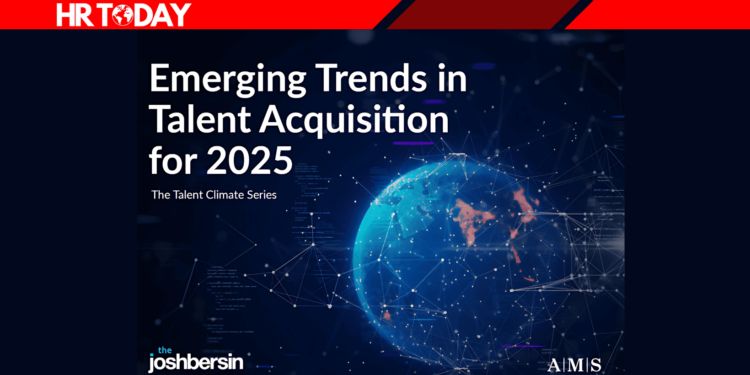
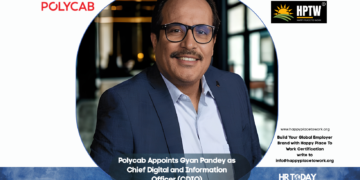
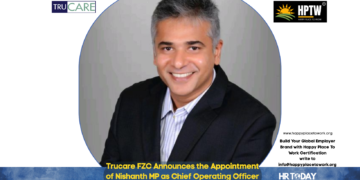
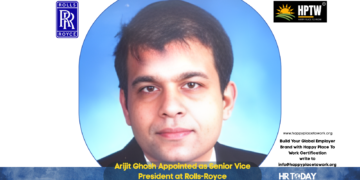
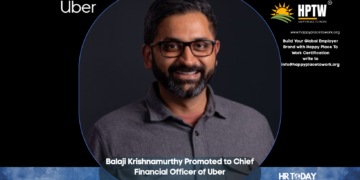


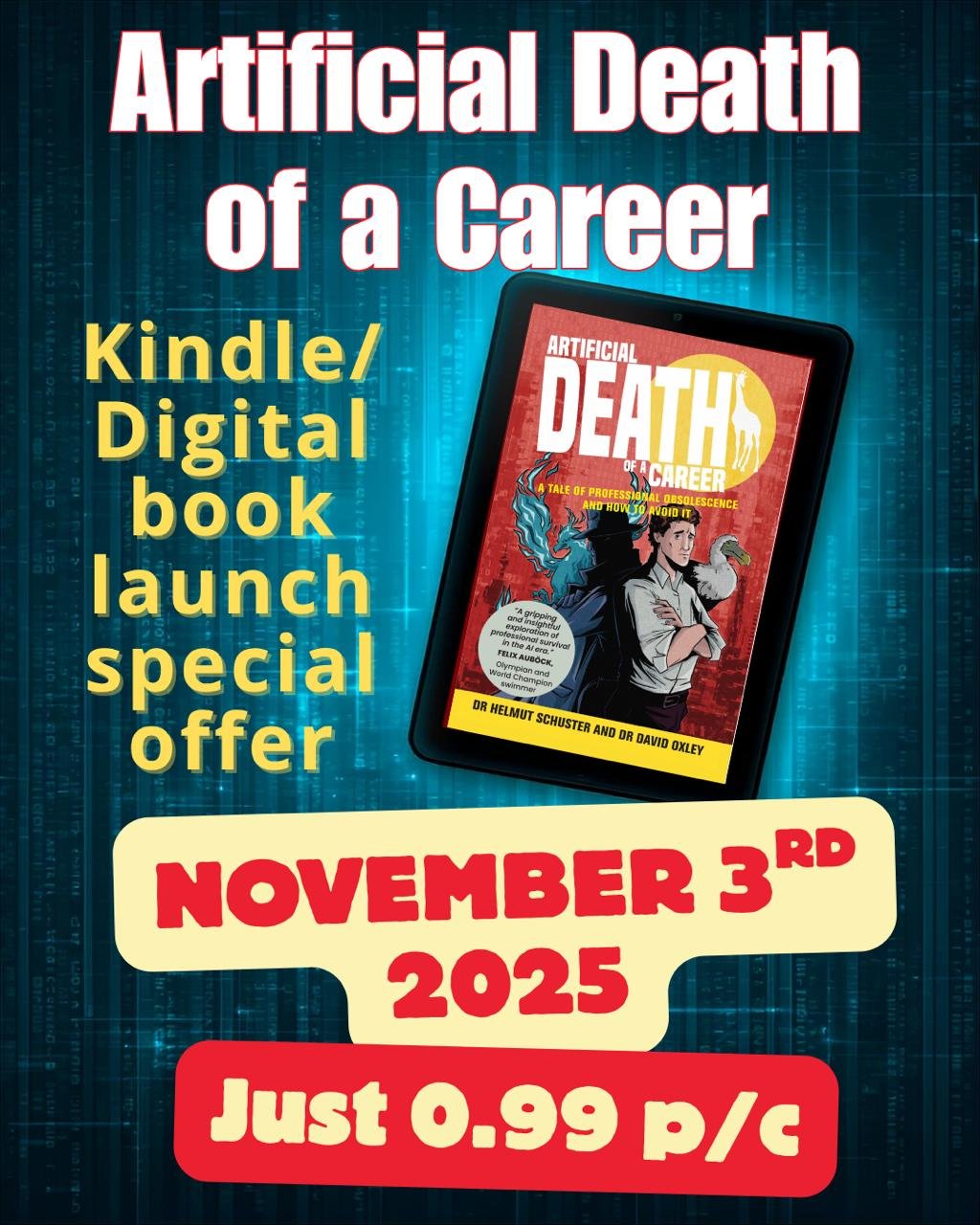




Comments 189